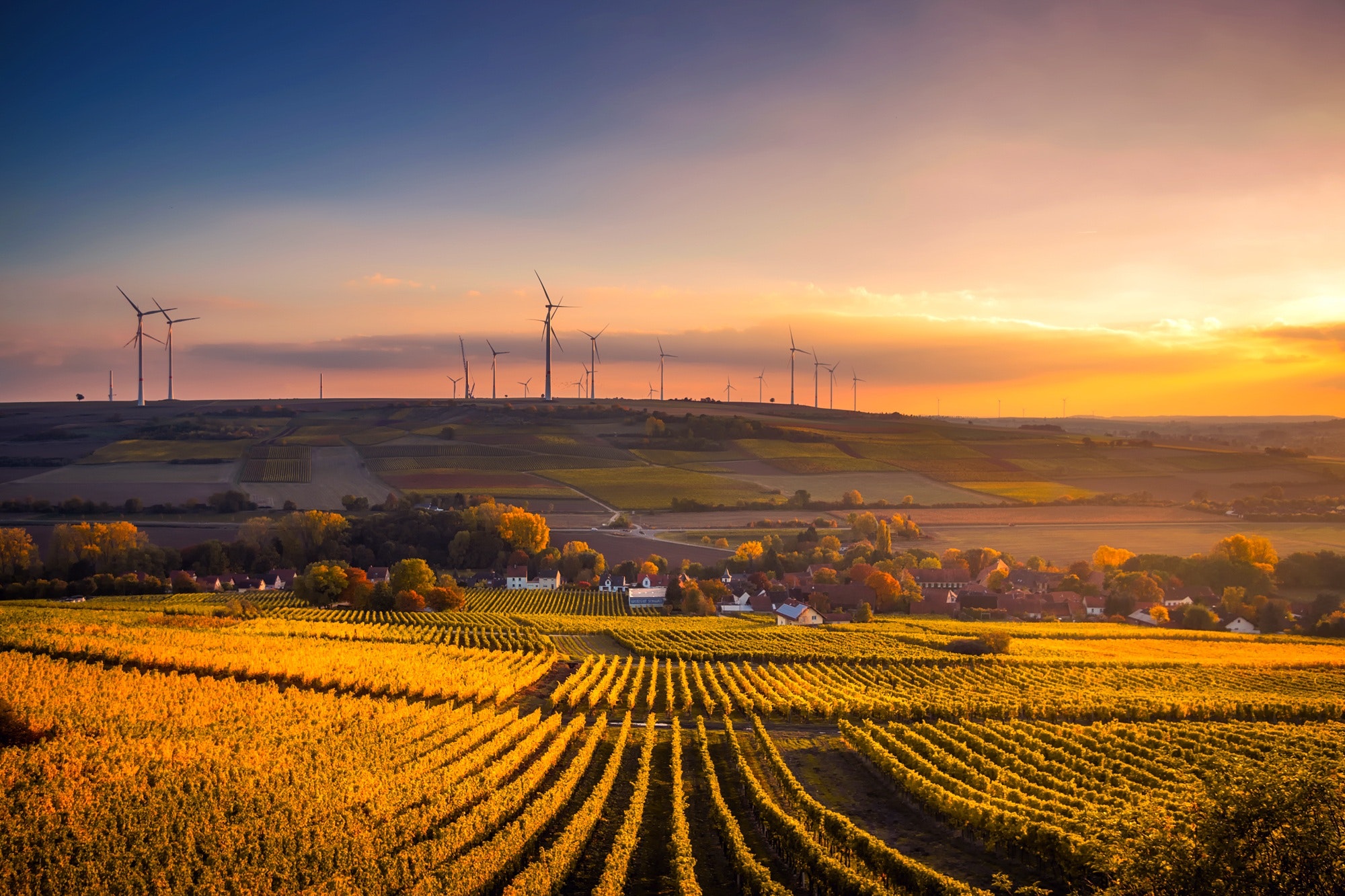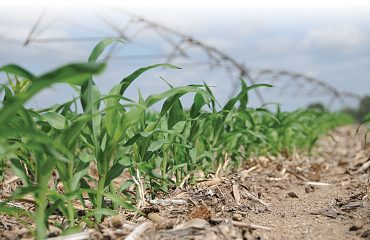Food Business News recently published an article regarding a forecast by the International Food Information Council Foundation (IFIC). “Each year, our team of registered dietitians, nutrition experts and consumer researchers take a look at what we can expect in the coming year,” said Joseph Clayton, president and CEO of IFIC Foundation. “In 2020, we predict that topics surrounding sustainability, alternative foods and healthy diets will move in some unexpected directions.”
What are some of their predictions?
- Consumers will seek greater understanding of the term sustainability. This may also include concepts such as ‘soil health’ and ‘regenerative agriculture’.
- People will become more concerned about the role the food system plays in climate change, including the effects of ag production, food waste and transportation of goods.
- Environmental concerns will continue to drive greater adoption of plant-based foods.
- “Un-diets” focus less on food restrictions and more on natural cues from the body. Examples of natural cues are people knowing when they are full and people having healthier relationships with food overall.
- New spins on old standbys that include plant-based items. Foods that incorporate oat-based milk alternatives into more products is one line of products noted. Add to that the plant-based meat alternatives.
- Ingredients that people can “trust” and basing purchase decisions on brands and ingredients that they know.
(Source: Food Business News, by Jeff Gelski; January 7, 2020)
What do these predictions indicate?
To me, they continue the trend of consumers wanting to know where their food comes from. Now they want to know how food production affects the environment. Obviously, climate change and the environment have been high on the list of political discussions. Now, this has led to consumers hoping to affect climate change through their food choices. One of the top concerns noted is “Sustainability.”
Sustainability! This is a term that to me is undefinable! It is different for everyone. i.e. What are we sustaining?
Are we sustaining profitability? If so, even this is a different answer for everyone. What crops can I grow profitably on my soil? In my location? Where are the markets? Can I add livestock to the enterprise? Are there alternative crops for a local market? If I consider alternatives, do I have the land, labor, capital and management to accomplish the plan/goal and be sustainable?
Are we sustaining soil health? Crop health? Animal health? All of these have different answers. Many studies have been done on soil health, how to maintain, how to improve it. Which alternatives fit into a profitable enterprise? Does improved crop health lead to improved soil health? Should livestock be included in a soil health discussion?
Are we more sustainable by growing food organic? Does organic automatically improve soil health? Crop health? Does organic production improve the affects on the environment? Does organic food improve the health of the consumer? If so, is organic production sustainable?
Are we sustaining only plants and not animals? Many people would say that plant-based food is the most ‘sustainable’. The above predictions on consumer views indicate their desire to look for those alternative foods. Many feel that livestock consume too much land and water, while expelling too much methane gas to be ‘sustainable’ for the environment.
However, organic production of crops most likely includes the use of animal waste for fertilizer. Therefore, is this a conundrum in the sustainability of organic production and the affect on the environment? Is it difficult or possible to have organic food without animal production?
Livestock waste (along with composted waste of many organic material such as food, yard waste, etc) used for fertilizer is an alternative to commercially produced fertilizers. How is commercial fertilizer produced? And transported? Is that process more ‘sustainable’ than producing manure and/or compost?
Is it sustainable for the environment?
In case anyone can answer the other ‘sustainability’ questions—how do you answer this one? How do we know? What are the measurements for ‘environmental sustainability’? Are we measuring over one year? One decade? One century? Multiple centuries?
Again, every study seems to have their own set of measurements to prove their sustainability argument.
What does all this mean for agriculture? It means we have a tremendous challenge to educate the public, to challenge the various groups and their ‘studies’, and to identify for ourselves what is ‘sustainable’.
We should recognize the need to conserve natural resources, to protect the waters and streams, to produce most efficiently with the least inputs and overall to maintain a sustainable farming operation based on our individual criteria.
With the abundance of “information” (both true and untrue) available to everyone, we should also be prepared to defend our agricultural operations and educate the public.





